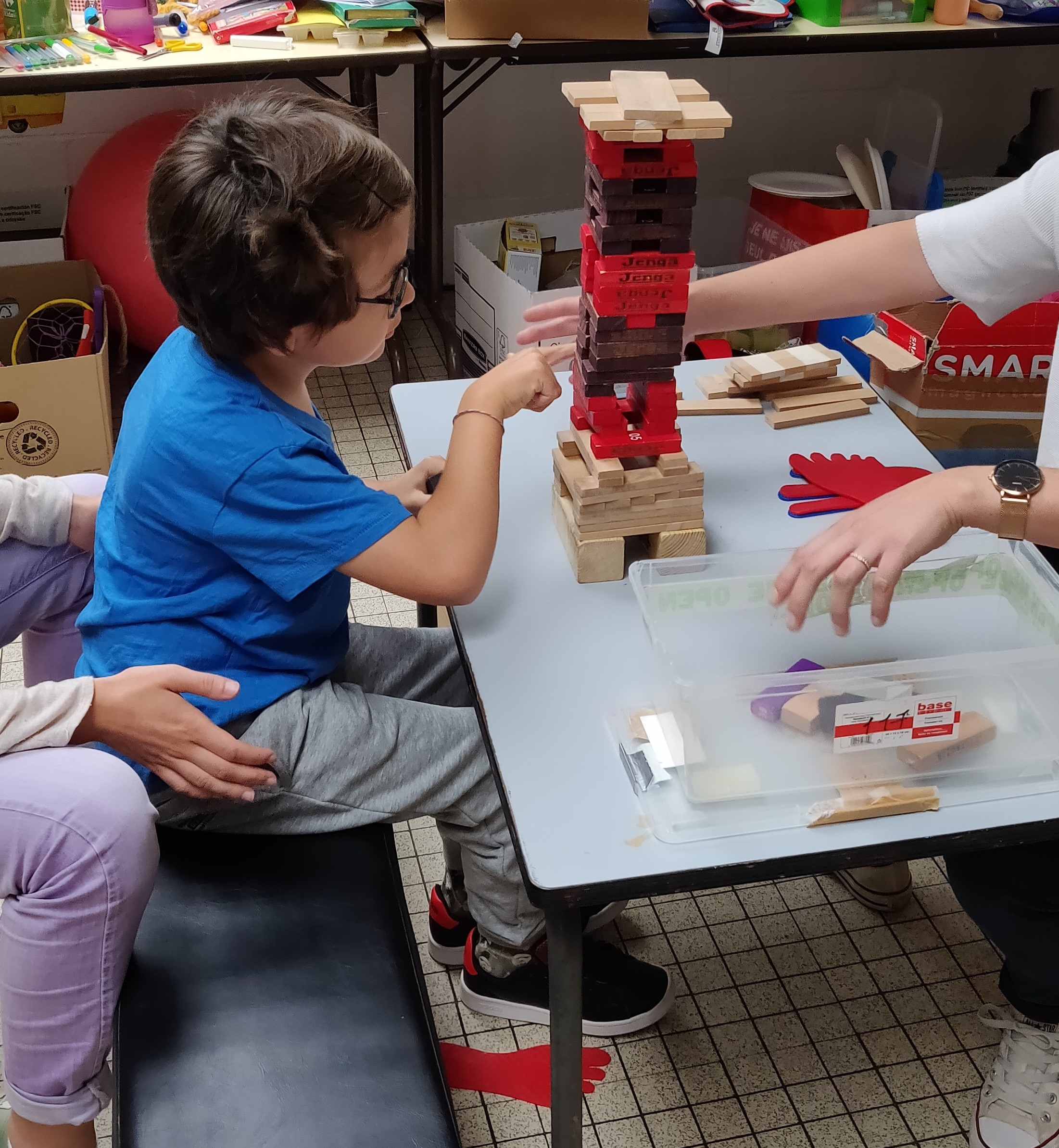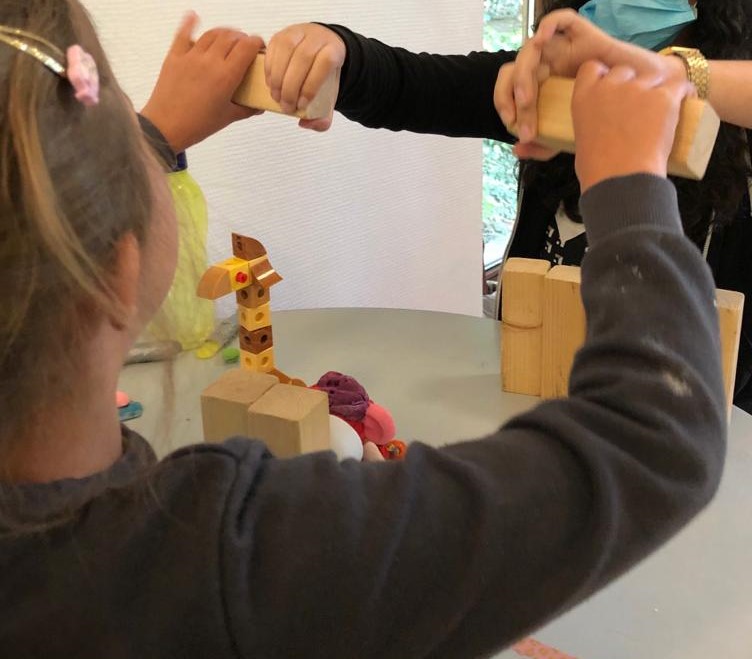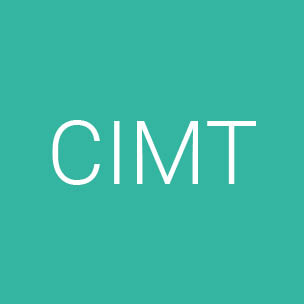Intensive therapies and motor skill learning
Intensive therapies
What is it about ?
Currently, the treatments that have objectively shown the best possibilities for improving the functional capacities of children with cerebral palsy are intensive interventions, based on motor skill learning (2 to 3 weeks of intensive rehabilitation, several hours per day). These intensive sessions are proposed as summer camps. The effectiveness of different intensive rehabilitation modalities has been demonstrated both in motor performance and in daily autonomy. Some of these therapies are aimed specifically at the upper limb (CIMT or HABIT), others focus on the upper and lower extremities (HABIT-ILE). All of these therapies focus on the needs of the child and his/her family, defining therapeutic goals related to the daily life of children and their demands.
Why does it work?
The principles of motor skill learning underlie these therapies, like for learning a music instrument or a complex sport gesture. The principle is to stimulate the voluntary motor control of children by repeating a large number of times, in games and activities, the type of movement that we want to elicit and to gradually increase the difficulty of the movements proposed (shaping). Once the new motor control has been developed, the acquired movements are transferred into activities of daily living, in order to achieve the goals set with the children and their parents. This process generates changes in the organization and structure of the brain. The new capacities developed are subsequently maintained if they are used frequently. They may also be transferred to other functional situations.


